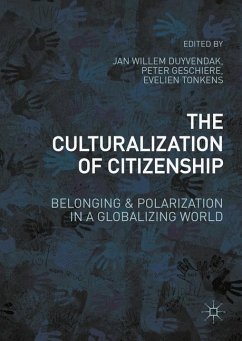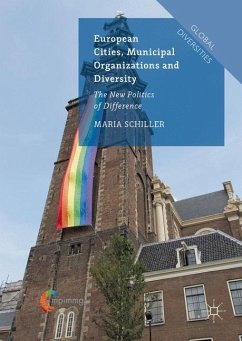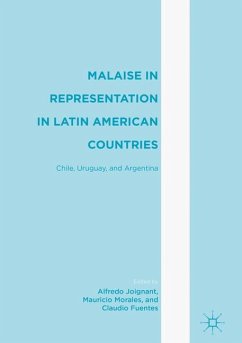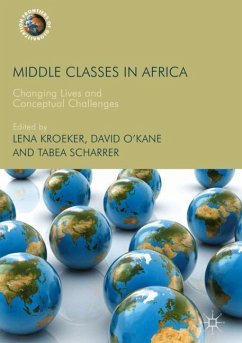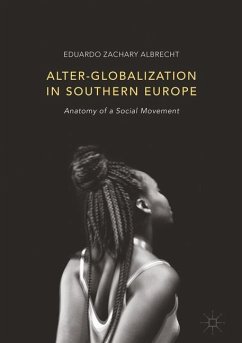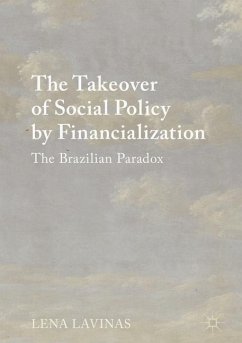
A Cultural Sociology of Anglican Mission and the Indian Residential Schools in Canada
The Long Road to Apology

PAYBACK Punkte
38 °P sammeln!
This book focuses on the recurring struggle over the meaning of the Anglican Church's role in the Indian residential schools--a long-running school system designed to assimilate Indigenous children into Euro-Canadian culture, in which sexual, psychological, and physical abuse were common. From the end of the nineteenth century until the outset of twenty-first century, the meaning of the Indian residential schools underwent a protracted transformation. Once a symbol of the Church's sacred mission to Christianize and civilize Indigenous children, they are now associated with colonialism and suff...
This book focuses on the recurring struggle over the meaning of the Anglican Church's role in the Indian residential schools--a long-running school system designed to assimilate Indigenous children into Euro-Canadian culture, in which sexual, psychological, and physical abuse were common. From the end of the nineteenth century until the outset of twenty-first century, the meaning of the Indian residential schools underwent a protracted transformation. Once a symbol of the Church's sacred mission to Christianize and civilize Indigenous children, they are now associated with colonialism and suffering. In bringing this transformation to light, the book addresses why the Church was so quick to become involved in the Indian residential schools and why acknowledgment of their deleterious impact was so protracted. In doing so, the book adds to our understanding of the sociological process by which perpetrators come to recognize themselves as such.



